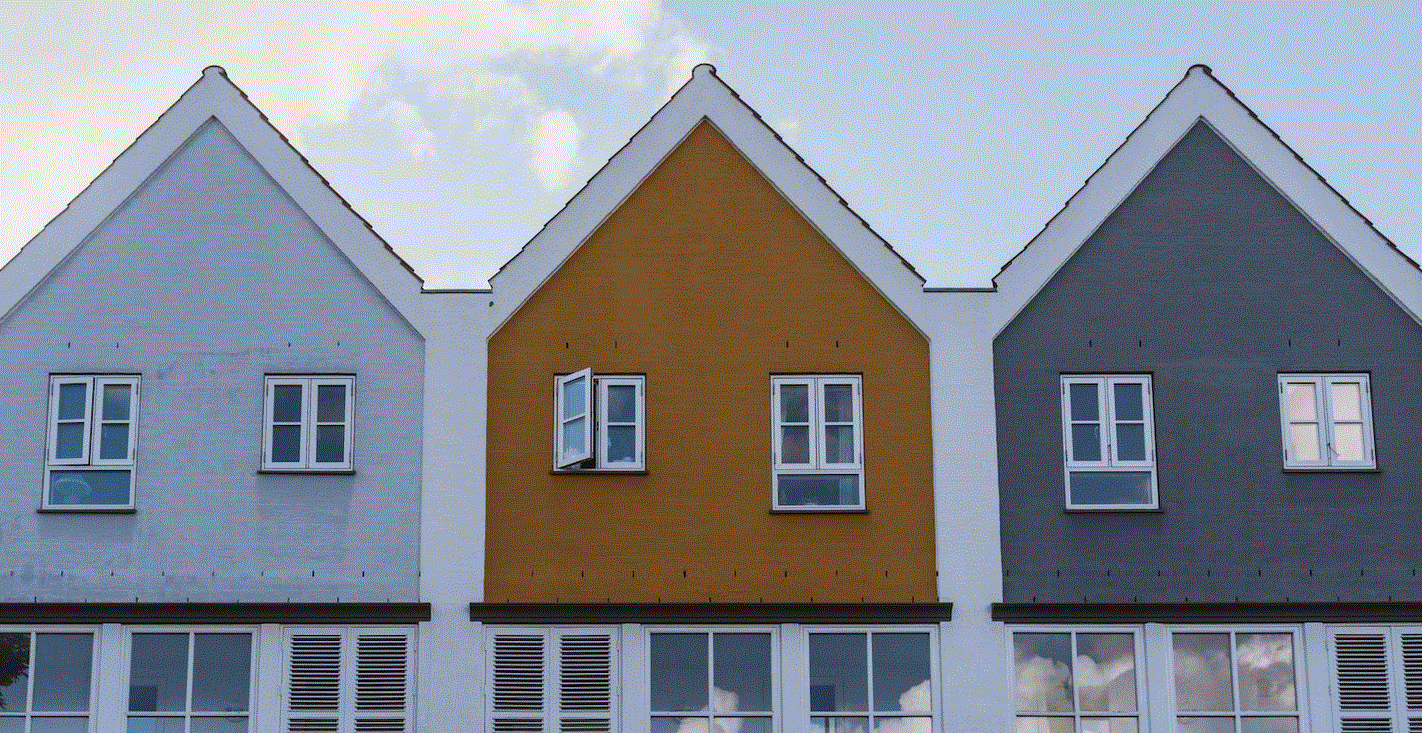PHILADELPHIA - Investing in out-of-state rental property can be a great way to maximize your ROI. However, there are several factors to consider before investing. These include Location, Cash flow, and Down payment. Before buying an out-of-state rental property, make sure you have the budget for a down payment.
Investment strategy
Buying out-of-state rental property has a lot of advantages over investing in the same property in the same state. It can help diversify your portfolio and reduce risk. For example, you could invest in single-family homes in suburban or urban submarkets with many young families and single people. On the other hand, you could invest in mixed-use properties in urban and suburban neighborhoods.
However, buying out-of-state rental property requires some time to learn about the market. Although you may see higher profits than you would in your own state, you'll have to overcome a higher learning curve and adjust your investment strategy. You can start by conducting extensive research online. After that, work with a local property management company or real estate agent who understands the market.
Location
The housing market in the United States is undergoing a housing shortage, so many people are looking to rent out their homes. But new construction will likely slow down the market, so you should consider investing in an out-of-state rental property. The cost of such an investment is cheaper, you'll find a wider variety of rental properties, and the rental income potential is higher.
Cash flow
Buying a rental property out of state can be a good investment option. However, you will need to research the area's rental demand before investing. You can use online tools like Roofstock to determine whether the area has a demand for rentals. You should also consider whether or not you are able to obtain financing.
In addition to researching rental property prices, you also need to know what you can expect regarding rents and property management. If the market is not as stable as expected, you may want to wait until prices drop. You will have more options and less competition, giving you better security for your investment.
Down payment
When considering investing in a rental property, a down payment can make all the difference in whether you can afford to purchase the property. Depending on your financing type, down payments can be anywhere from 15 to 25 percent of the purchase price. Many investors assume they'll have to put down at least 20 percent of the purchase price in order to avoid private mortgage insurance. However, this is not always the case.




